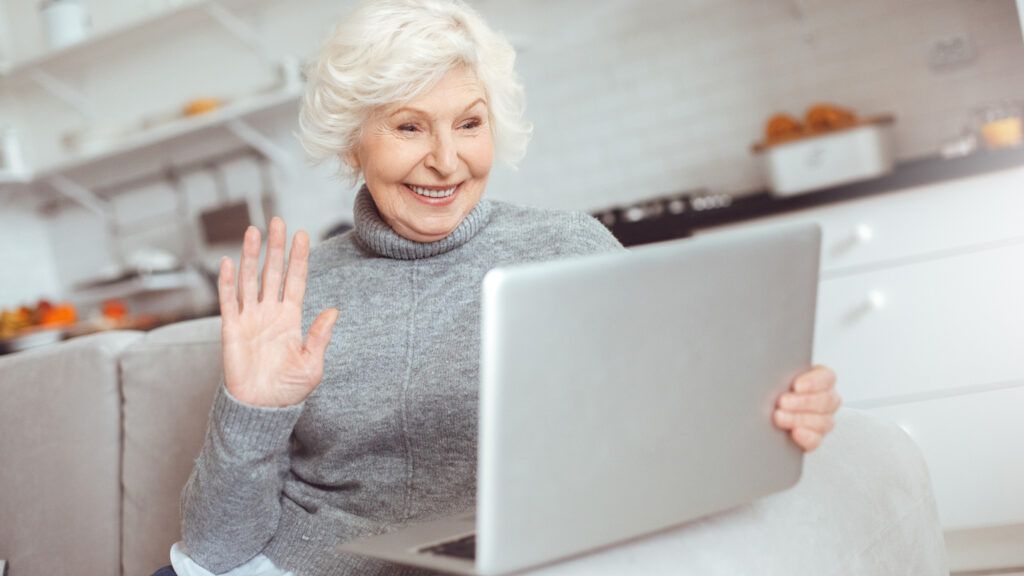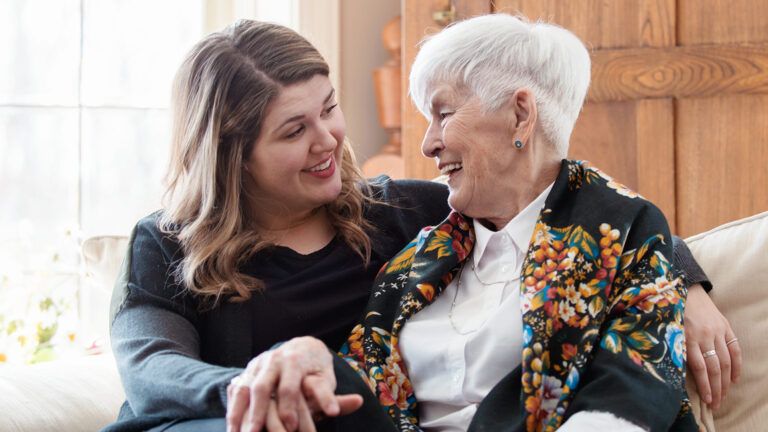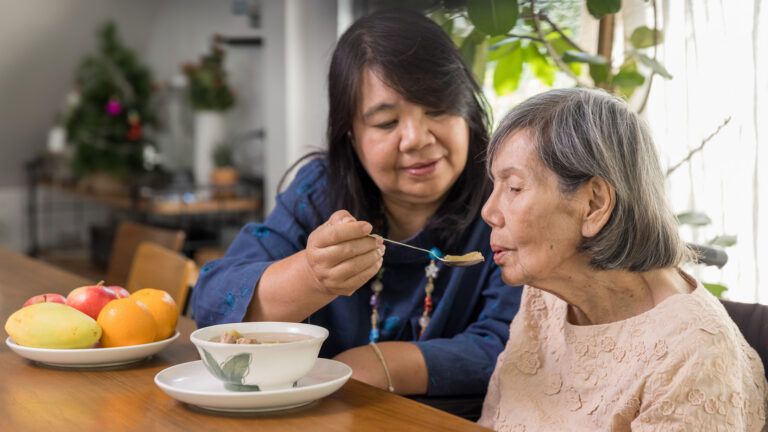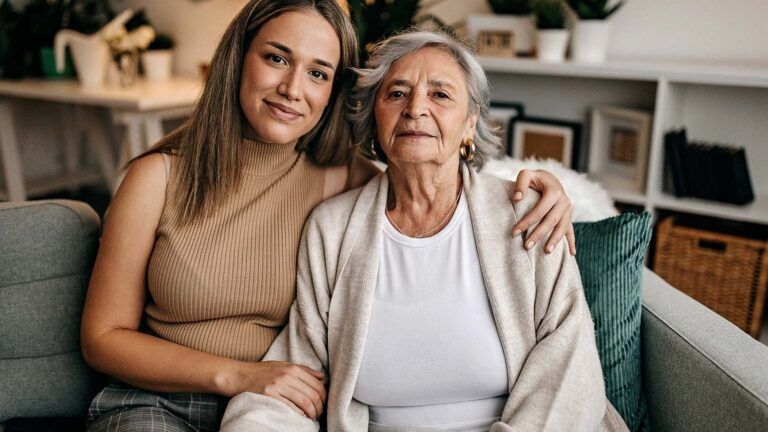If social distancing requirements remain in place on Mother’s Day, professional home caregivers will have an even more valuable role than ever to perform. While you may not be able to spend the day in the same place as your mother, these compassionate caregivers, who handle everything from companion services to skilled health care, can be at her side, guiding and comforting her through the annual celebration. They can also do much to help you and your family members connect with your mother in creative and meaningful ways. This is particularly important if your mother lives with dementia. On the flip side, many professional home caregivers may not be able to be with their own moms on Mother’s Day, either for this reason or another. If so, what nicer way to honor their mothers than by caring for someone else’s?
“So many families have somebody that is living in a residential community, whether it be in assisted living or a nursing home, and they might not be able to visit,” said Beth Kallmyer, MSW, vice president of Care and Support for the Alzheimer’s Association. “A lot of those communities have said, ‘It’s too risky, we’re not letting outside visitors in.’ And that’s devastating for family members who were going on a regular basis. So, the Alzheimer’s Association is recommending that the family members contact that community and talk to the staff and say, ‘How can you help me stay in contact with my family member?’”
For those whose mothers live in their own home but have in-home caregivers, try reaching out to those caregivers as well, Kallmyer said. Especially, if your mother has earlier stage dementia, she may have had the expectation of spending Mother’s Day at home with you, and may feel disappointment or loneliness as a result of dashed hopes. “I think all of us are at risk for that in this unprecedented time,” Kallymyer said. The home caregiver can help keep your mom’s mind off of missing family members by keeping her engaged with simple activities from folding clothes fresh out of the dryer to making lunch together. “It might be about music,” Kallmyer said. “A lot of TV isn’t necessarily recommended right now, but they could watch certain shows she likes.” And, of course, having a caregiver who can facilitate connections with family members via a teleconference, FaceTime, a phone call or by reading handwritten notes to your mom could do much to brighten her day.
“Caregiving is certainly, for many people, a very rewarding job,” Kallmyer said. “If you talk to in-home caregivers, I think they’ll tell you that they often love what they’re doing and love the relationships they have with the people they care for.”
In the current situation, she said, it’s also important for caregivers to have an open and honest dialogue with the older people for whom they’re caring, but they need to adjust the way they deliver information so that it’s not overwhelming. “I think it’s important to acknowledge that, ‘I know you can’t see your kids—I know you were looking forward to that—but you’ll be able to see them as soon as it takes,’” she said. “We need to remember that older people have been through a lot. They’ve seen all kinds of stuff, and they have been successful in getting through other tough situations. So, it can help to just say, ‘We have to keep ourselves safe here, and we’re going to do it together. This is what we’re going to do today.’”
It’s critical, given the Covid-19 situation, that families reach out to the agencies they’re using to find out what safety protocols are in place for caregivers and what would happen if the regular care aide were to get ill and have to be replaced, Kallmyer added. The Alzheimer’s Association has released tips for Dementia Caregivers to deal with Covid-19, both at home and in long-term and community-based settings. It also has a free 24/7 helpline: 800-272-3900.





